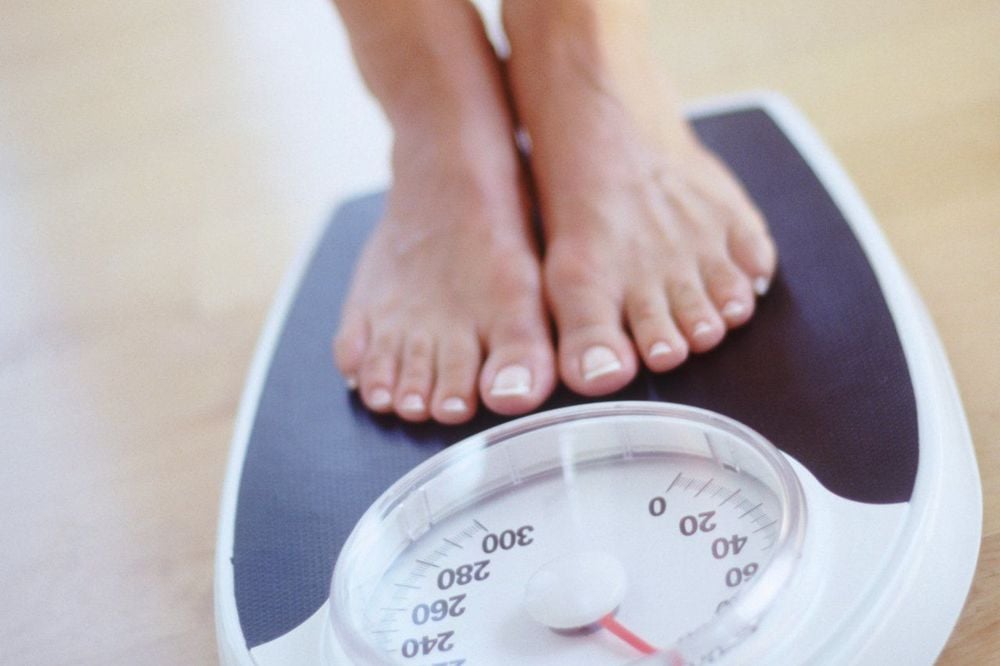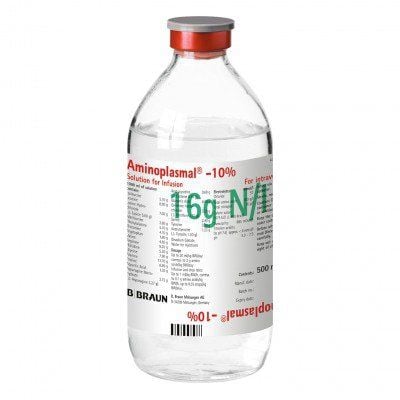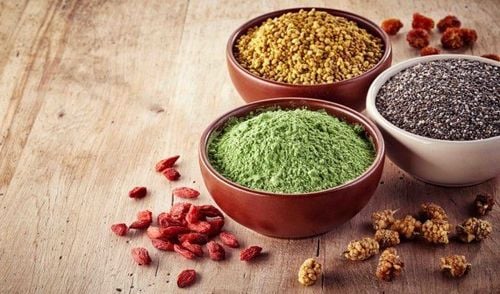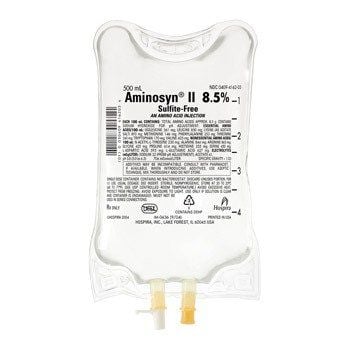This is an automatically translated article.
High protein diet is not only favored by dieters who want to lose weight, but also the first choice for those who are training to be toned. So what role does structural protein play in muscle formation?
1. The function of protein in the body
Protein is an important component of every cell in the body. Hair and nails are mostly made up of protein structures. Your body uses protein to build and repair tissues, and it also uses protein to make enzymes, hormones, and other chemicals. The structure of protein is also an important factor in helping to build bones, muscles, cartilage, skin and blood.
Along with fats and carbohydrates, protein is a "macronutrient". This means that the body needs a relatively large amount of protein. We only need vitamins and minerals in small amounts, so they are called "micronutrients". But unlike fats and carbohydrates, the body does not store protein. Therefore, there will be no protein reserves in the event of a deficiency.
Although it is important to limit excess protein consumption, you should also know that protein is essential for the normal functions of the body. In addition to supporting the synthesis of enzymes and hormones, structural proteins also maintain fluid balance and regulate important functions, such as:
Building antibodies against infection ; Supports blood clotting; Heal an open wound.

Protein có vai trò quan trọng trong việc hỗ trợ quá trình đông máu
2. How much protein does the body need?
The amount of protein your body needs will depend on your weight and daily calorie level. Most Americans consume too much protein in their daily diets. Certain groups of people are at risk for protein deficiency, including elderly women and people with medical conditions or eating disorders. Protein deficiency is defined as only about 50-75% of the recommended daily protein intake.
The Food and Nutrition Board recommends consuming 0.36g of protein per pound of body weight, or 0.8g of protein per kilogram of body weight. Thus, a person weighing 77kg needs to supplement about 61g of protein per day.
Protein should also make up about 15% of your total daily calories. For example, on a 1,800-calorie-per-day diet, about 270 of which should come from protein.
3. The role of protein in muscle formation
Many people who go to the gym, especially men, often build high-protein diets to build muscle. But this is actually a misconception. Consuming more protein doesn't have much of an effect on your muscle building and strength building.
Many people think that the more protein you add, the more muscle you will build. In fact, the only way to build muscle is through exercise. The body only needs a small amount of protein to function properly, and adding more protein will not increase your strength.

Chỉ rèn luyện thể dục mới giúp hình thành nhiều cơ bắp
4. Risks of eating too much protein
4.1. Side effects Medical research shows that consuming too much protein can be harmful to the body. Excess protein in the diet, specifically more than 30% of total daily calories, can cause side effects such as:
Adding more protein to the diet but not commensurate with the calorie level or the exercise regimen Not only does it not help you build muscle mass, but it also puts stress on the whole body system. According to a study published in 1992 in the Journal of the American Geriatrics Association, eating more protein and increasing total calories, but maintaining the same level of exercise, produces a greater amount of fat and muscle. equivalent supplement. In addition, there is evidence that people who follow a high-protein diet often excrete excess calcium in the urine. Too much calcium loss can lead to osteoporosis.
So think twice before you want to cut carbohydrates and increase protein. An unbalanced diet will force the body to react to it.
4.2. Ketogenic Status If protein consumption is more than 30% of total calories will cause toxic ketone accumulation. This so-called ketogenic diet can cause your kidneys to work too hard to push ketones out of your body. When the kidneys are on duty to remove harmful ketones, you can lose a significant amount of water, especially if you exercise heavily.
Dehydration often occurs throughout the body and causes weight loss. At the same time, you also lose muscle mass and calcium in your bones. In addition, dehydration also puts pressure on the kidneys and heart. Dehydration from the ketogenic diet can make you weak and dizzy, have bad breath, or lead to other problems.

Tiêu thụ quá nhiều protein sẽ gây sút cân và nhiều hậu quả nghiêm trọng
5. Protein-rich food sources
Where is protein found? In general, the structure of proteins is present in many different foods. Choosing the type of protein to use will affect your overall health. If you eat the proteins in processed meats, like hot dogs and cold cuts, it can be harmful to your body in the long run. The risk of type 2 diabetes, cardiovascular disease, and colorectal cancer is increased.
Nutritionists recommend getting protein from the following sources:
Meat; Cheese; Milk; Fish; Egg. However, animal foods that are high in protein are often also high in saturated fat, which increases the risk of heart disease, stroke, diabetes, and certain types of cancer.
To get around this, there are also plenty of plant-based foods that give you the same amount of protein as meat. For vegetarians, protein can be found in soy products (e.g. tofu), rice, corn, and some legumes. A breakfast of nuts not only gives you plenty of protein, but also a good source of healthy fats.
Whether you are a fitness trainer, a marathon runner or just a regular sports person, a balanced diet rich in fruits, vegetables, whole grains, lean meats, fish and carbohydrates are the optimal choice that nutritionists recommend. If you have a need to lose fat, you should only maintain a low-carb, high-protein diet for about 6 months to ensure safety and effectiveness.
In order to improve the quality of examination and treatment services, Vinmec International General Hospital has put a system of modern facilities and standard equipment into operation for medical examination and treatment processes. Especially at Vinmec, there is always a team of doctors and nurses ready to listen, advise and treat diseases as well as advise on nutrition and good food for children, adults and the elderly.
Customers can directly go to Vinmec Health system nationwide to visit or contact the hotline here for support.
Reference source: webmd.com













